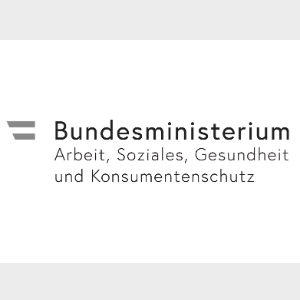Switzerland HiT (2015)
Download
Life expectancy in Switzerland (82.8 years) is the highest in Europe after Iceland, and healthy life expectancy is several years above the European Union (EU) average.
The Swiss health system is highly complex, combining aspects of managed competition and corporatism in a decentralized regulatory framework shaped by the influences of direct democracy. Coverage is ensured through mandatory health insurance (MHI), with subsidies for people on low incomes. The system offers a high degree of choice and direct access to all levels of care with virtually no waiting times. Public satisfaction with the system is high and quality is generally viewed to be good or very good.
Reforms since the year 2000 have improved the MHI system, changed the financing of hospitals, strengthened regulations in the area of pharmaceuticals and the control of epidemics, and harmonized regulation of human resources across the country. In addition, there has been a slow (and not always linear) process towards more centralization of national health policy-making.
Nevertheless, a number of challenges remain. The costs of the health care system are well above the EU average, in particular in absolute terms but also as a percentage of gross domestic product (GDP) (11.5%).
By European standards, the share of out-of-pocket payments is exceptionally high at 26% of total health expenditure. Low- and middle-income households contribute a greater share of their income to the financing of the health system than higher-income households. Flawed financial incentives exist at different levels of the health system, potentially distorting the allocation of resources to different providers.
HiT health system reviews are country-based reports that provide a detailed description of a country's health system and of reform and policy initiatives in progress or under development. More up-to-date information on many countries can be found on our Health Systems and Policy Monitor (HSPM).





















